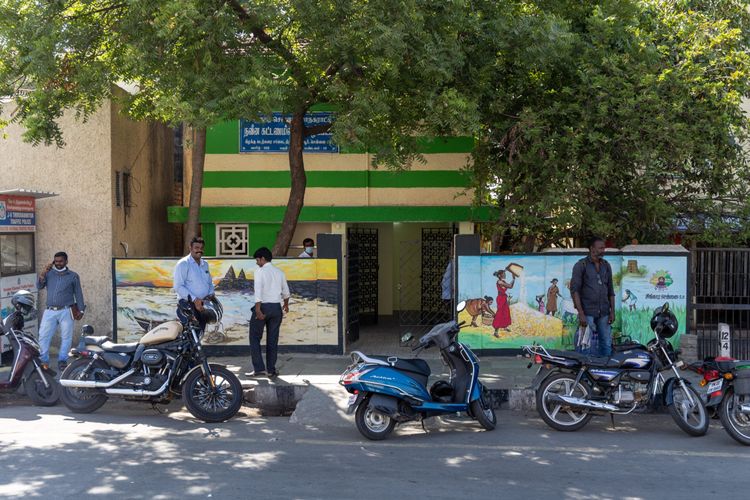Making community and public toilets safe and hygienic
Contributed by Donata Mary Rodrigues, Swapnil S Barai, and Sasikumar Eswaramurthy, Tamil Nadu Urban Sanitation Support Programme

Contributed by Donata Mary Rodrigues, Swapnil S Barai, and Sasikumar Eswaramurthy, Tamil Nadu Urban Sanitation Support Programme
